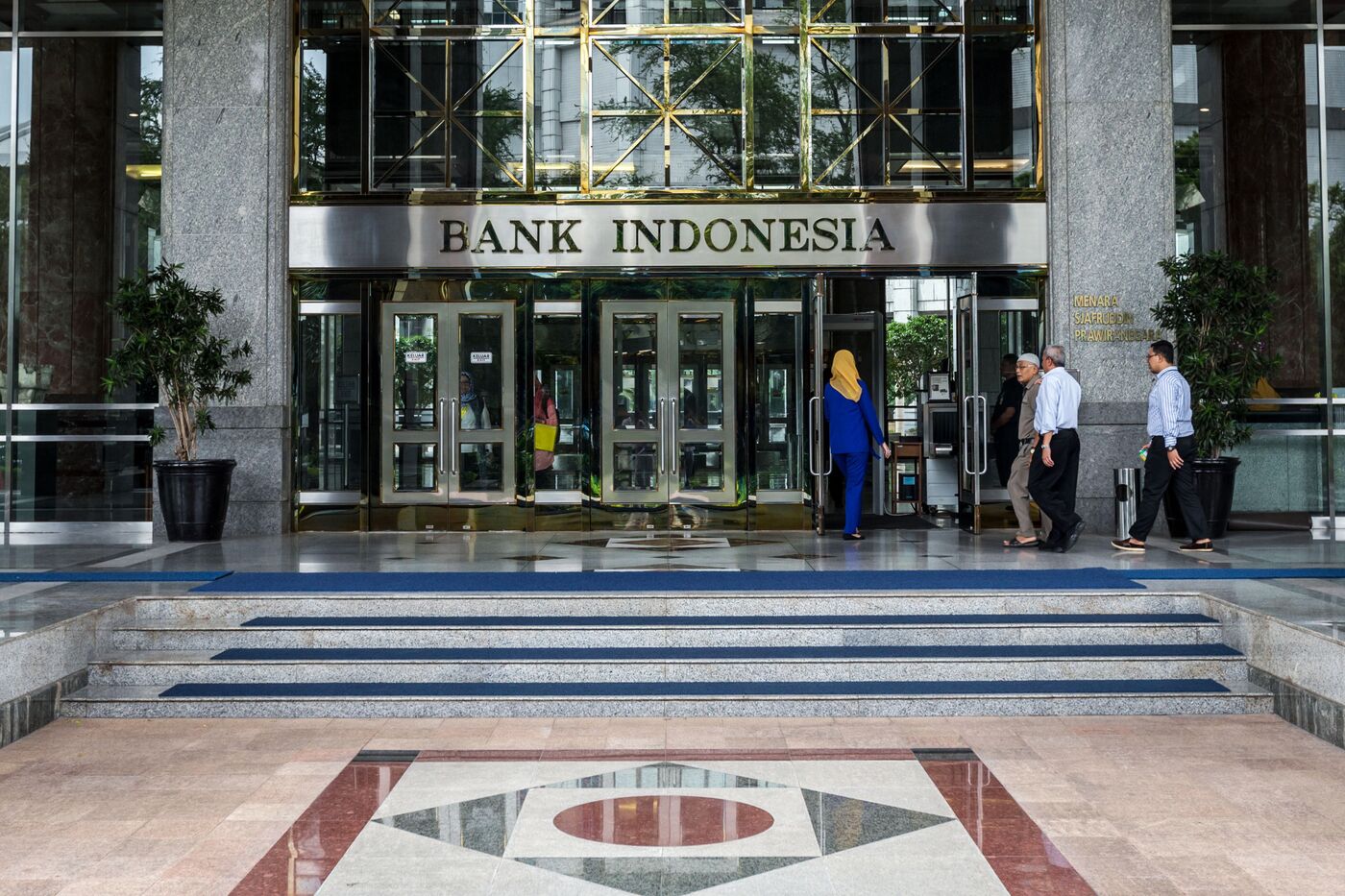In an unexpected move, Indonesia’s central bank has decided to raise its benchmark rate, a significant shift from its previous stance of maintaining rates, in an effort to bolster the stability of the Indonesian rupiah and counter potential inflationary pressures. Specifically, Bank Indonesia announced a 25-basis-point increase in its benchmark seven-day reverse repo rate to 6.0%, marking the second instance of a policy tightening this year. This decision took many by surprise, as all six economists surveyed by The Wall Street Journal had anticipated a status quo in interest rates.
The rate hike is primarily a proactive measure designed to preemptively address the potential consequences of rising imported inflation. Bank Indonesia’s Governor, Perry Warjiyo, emphasized during a press conference that this action aims to keep inflation within the central bank’s target range of 2.0%-4.0% for the current year and 1.5%-3.5% for the next year. In addition to the benchmark rate increase, the central bank also raised its overnight deposit facility rate and lending facility rate by 25 basis points each, to 5.25% and 6.75%, respectively.
One of the key drivers behind this policy shift is the strength of the U.S. dollar, which has exerted pressure on multiple global currencies, including the rupiah, causing it to depreciate by 1.03% against the greenback so far this year.
Bank Indonesia’s intervention is aimed at maintaining the relative stability of the rupiah compared to other currencies in the face of these challenges, and the bank has expressed its commitment to implementing further measures to stabilize the exchange rate.
Despite inflation concerns and global uncertainties, the Indonesian economy is expected to continue its growth trajectory, driven by factors such as private consumption, the service sector, and investments. Bank Indonesia forecasts economic growth within the range of 4.5%-5.3% for the year 2023.
(Photo: WSJ | MarketWatch | Bloomberg)









